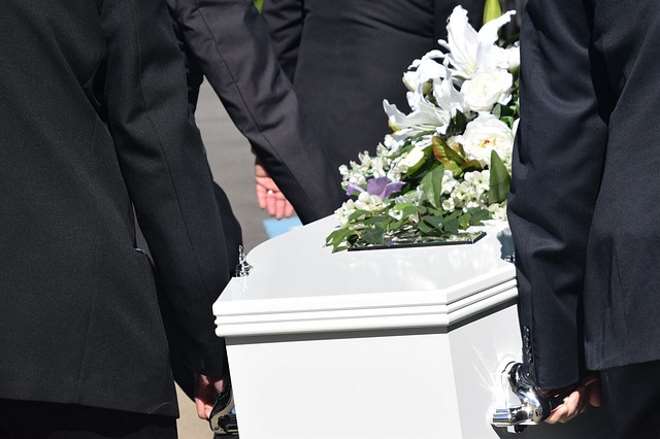A Guide to Simplifying Funeral Planning for Families
Planning a funeral for a loved one can be an emotionally challenging and overwhelming experience. This guide aims to simplify the process, offering practical steps and considerations to help families navigate this difficult time. From understanding key planning steps to exploring affordable options, we'll cover essential aspects of funeral arrangements, including cremation services, to assist you in making informed decisions during this sensitive period.

What are the key steps in funeral planning?
The funeral planning process involves several crucial steps to ensure a meaningful and respectful farewell for your loved one. Begin by notifying family and friends of the passing, then contact a funeral home to start arrangements. Next, decide on the type of service (traditional burial, cremation, or alternative options) and choose a venue for the ceremony. Select a casket or urn, if applicable, and gather necessary documents such as the death certificate. Plan the service details, including speakers, music, and readings. Finally, write an obituary and consider any special requests the deceased may have had for their final arrangements.
How can I create a funeral planning checklist?
Creating a comprehensive funeral planning checklist can help you stay organized during this emotional time. Start by listing immediate tasks such as notifying family and contacting a funeral home. Include sections for service details, legal paperwork, and financial considerations. Note down tasks like choosing burial or cremation, selecting a casket or urn, and deciding on floral arrangements. Include a section for personalizing the service with music, readings, and photo displays. Don’t forget to list post-funeral tasks such as sending thank-you notes and handling estate matters. Keep the checklist easily accessible and share it with family members to divide responsibilities.
What are some affordable funeral options?
For families seeking cost-effective funeral arrangements, several options can help manage expenses while still providing a dignified farewell. Cremation is often more affordable than traditional burial, especially when paired with a simple memorial service. Direct cremation, where the body is cremated shortly after death without a viewing or ceremony, is typically the least expensive option. Another cost-saving measure is to hold a home funeral, where the family manages most aspects of the service. Green burials, which use biodegradable materials and forgo embalming, can also be more economical. Additionally, consider donating the body to science, which may cover transportation and cremation costs.
How do I choose the right funeral home?
Selecting an appropriate funeral home is crucial for ensuring your loved one’s final arrangements are handled with care and respect. Begin by researching local funeral homes and reading online reviews from previous clients. Ask for recommendations from friends, family, or religious leaders who may have experience with local providers. Contact several funeral homes to compare services and prices, and request a detailed price list as required by law. Visit the facilities in person to assess their cleanliness, professionalism, and overall atmosphere. Inquire about their range of services, including cremation options if you’re considering that route. Ensure the funeral director is licensed and the home is accredited by relevant industry associations.
How do funeral costs compare across different providers?
Funeral costs can vary significantly between providers, making it essential to compare options before making a decision. To give you an idea of the potential cost differences, here’s a comparison of cremation services from several providers:
| Provider | Basic Cremation | Memorial Service | Full Service Cremation |
|---|---|---|---|
| Provider A | $1,500 | $3,000 | $5,500 |
| Provider B | $1,200 | $2,800 | $5,000 |
| Provider C | $1,800 | $3,500 | $6,200 |
| Provider D | $1,350 | $2,900 | $5,300 |
Prices, rates, or cost estimates mentioned in this article are based on the latest available information but may change over time. Independent research is advised before making financial decisions.
What unique considerations should I keep in mind for cremation services?
When opting for cremation services, there are several unique factors to consider. First, decide whether you want a viewing before cremation, as this may require embalming and affect the overall cost. Consider the type of container you prefer for the cremation process – a simple cardboard box is often sufficient and more eco-friendly. Discuss options for the final disposition of ashes, such as scattering, burial, or keeping them in an urn. Some families choose to divide ashes among relatives or create memorial jewelry. Be aware of any religious or cultural considerations that may impact the decision to cremate. Lastly, inquire about the crematorium’s procedures and whether family members can be present during the cremation process if desired.
In conclusion, funeral planning, especially when considering cremation services, involves numerous decisions and considerations. By understanding the key steps, creating a comprehensive checklist, exploring affordable options, carefully selecting a funeral home, and comparing costs, families can navigate this challenging process more smoothly. Remember that the most important aspect is honoring your loved one’s memory in a way that feels meaningful to you and your family.




